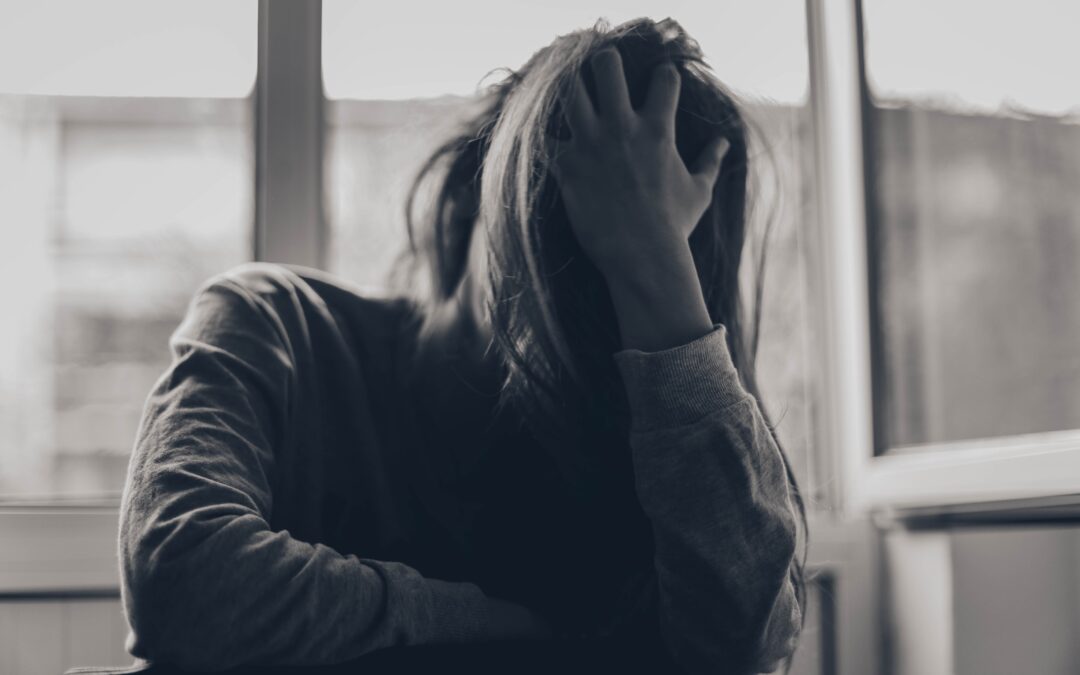Drug detoxification plays a crucial role in addiction treatment. Before entering an addiction treatment program, one has to be in the proper frame of mind. Your body has to be free of the drug and your mind has to be clear. That’s where detox comes in.
The Detoxification Process:
The main goal of the detox process is to remove all traces of drugs from your body. This weans the body off dependence on the drugs, allowing you to be physically stable enough to enter rehab.
When you stop taking drugs, your body goes into withdrawal. While some of the withdrawal symptoms are merely distracting, others are life-threatening and can be fatal. That’s why it’s recommended to undergo detox under the professional care and help of a drug detox program. These programs are designed to address the physical and psychological symptoms that accompany withdrawal.
Detox programs are found in hospitals, specialized detox centers, or rehab facilities.
Potential Side Effects of Detox
Changes in mental health
Drugs are effective at changing the brain’s chemistry, making them highly addictive. Once withdrawn, the brain struggles to get back to its normal working and the imbalance can lead to depression, anxiety, fatigue, and even suicidal ideation.
Severe and persistent drug cravings
As the body struggles to acclimate to the absence of the drug, you may experience serious cravings. These can be both physical and mental obsessions and are often hard to deal with on your own, requiring professional help.
Withdrawal symptoms
Detox can often trigger withdrawal symptoms which vary depending on the drug you were using, the duration of use, and your physical health. Common ones include headaches, sweating, constipation, muscle spasms, nausea, and changes in sleep patterns, among others.
Safety Recommendations for Detox
Medical supervision
Detox should never be attempted alone or at home. Undergoing detox under medical supervision means you’ll have professionals who know when and how to intervene when withdrawal symptoms get serious.
Medically-assisted treatment
Sometimes medication is required to alleviate cravings and make withdrawal symptoms more manageable. Ensure you only take medication that’s been prescribed by medical professionals knowledgeable in addiction treatment.
Nutrition and hydration – Detox can take a heavy toll on your body. To ease your pain and discomfort, you need to make sure you eat a healthy diet and take plenty of fluids.
Psychological support – Detox is also known to affect individuals emotionally. To help you cope, it’s a good idea to receive counseling or therapy during the detox process.
Let Us Guide You to Lasting Recovery
At Grand Falls Recovery, we understand how important detox is to the recovery process. That’s why we offer detox services in Missouri along with psychological therapy and support for alcohol and drug treatment. We also take care to provide world-class service treatment, professional staff, and modern amenities to those in recovery.
Give us a call today if you’re ready to reclaim your life from addiction and we’ll guide you to recovery.

